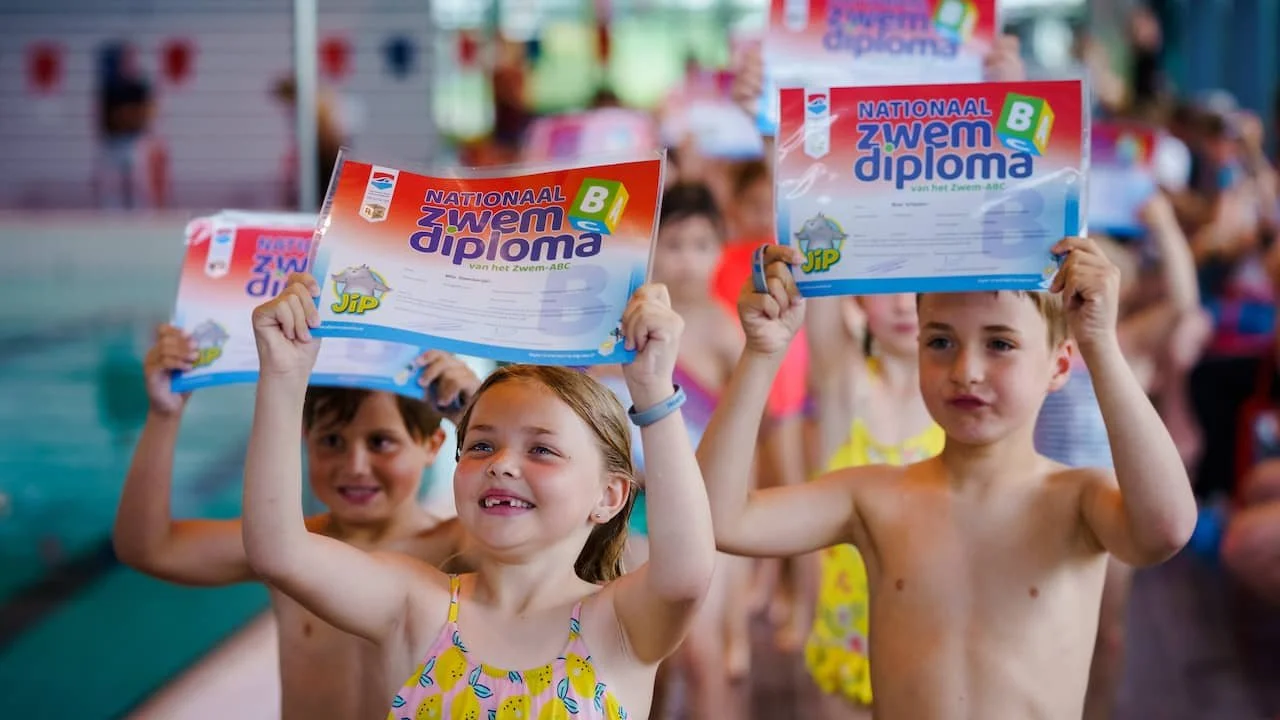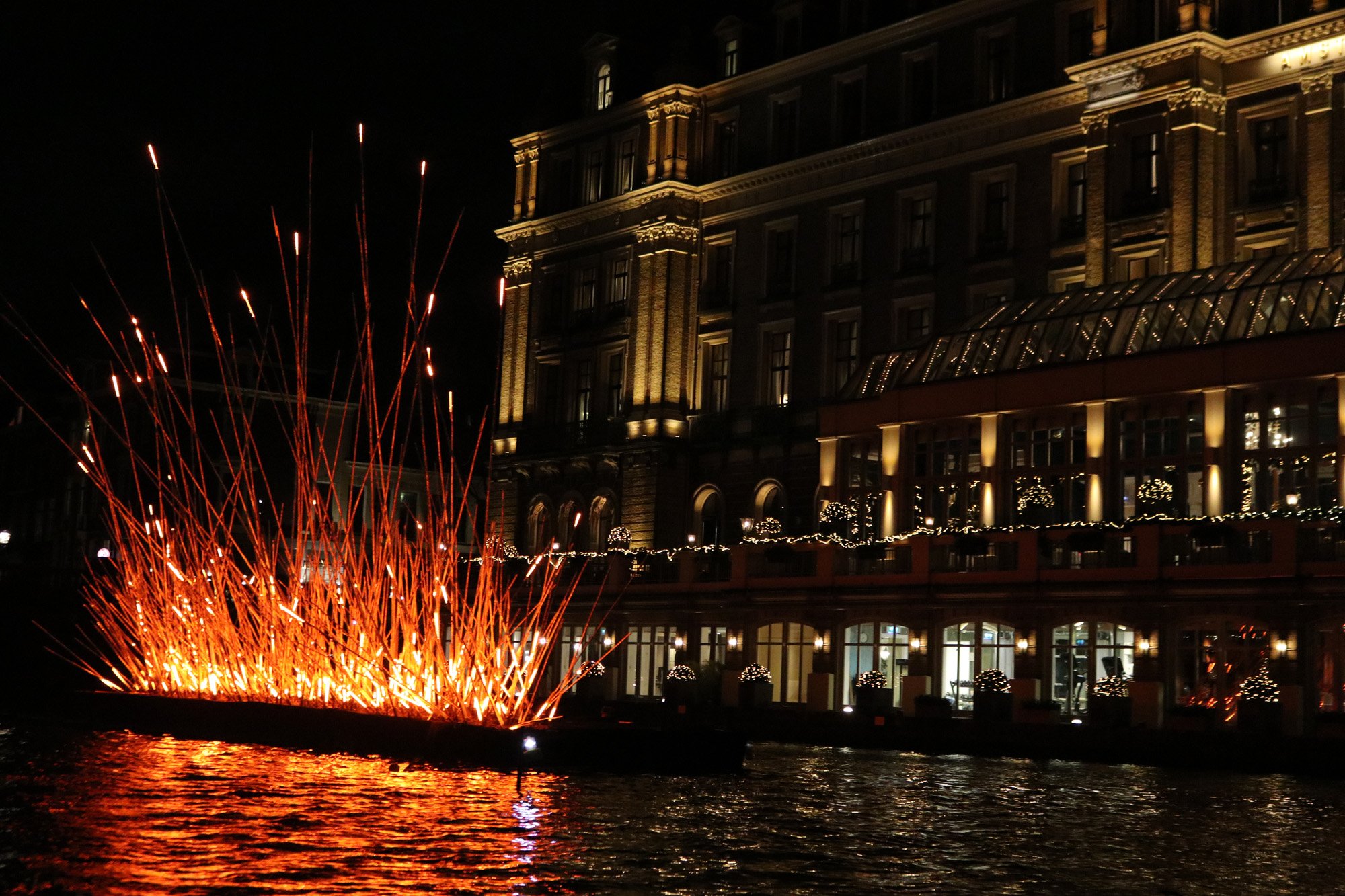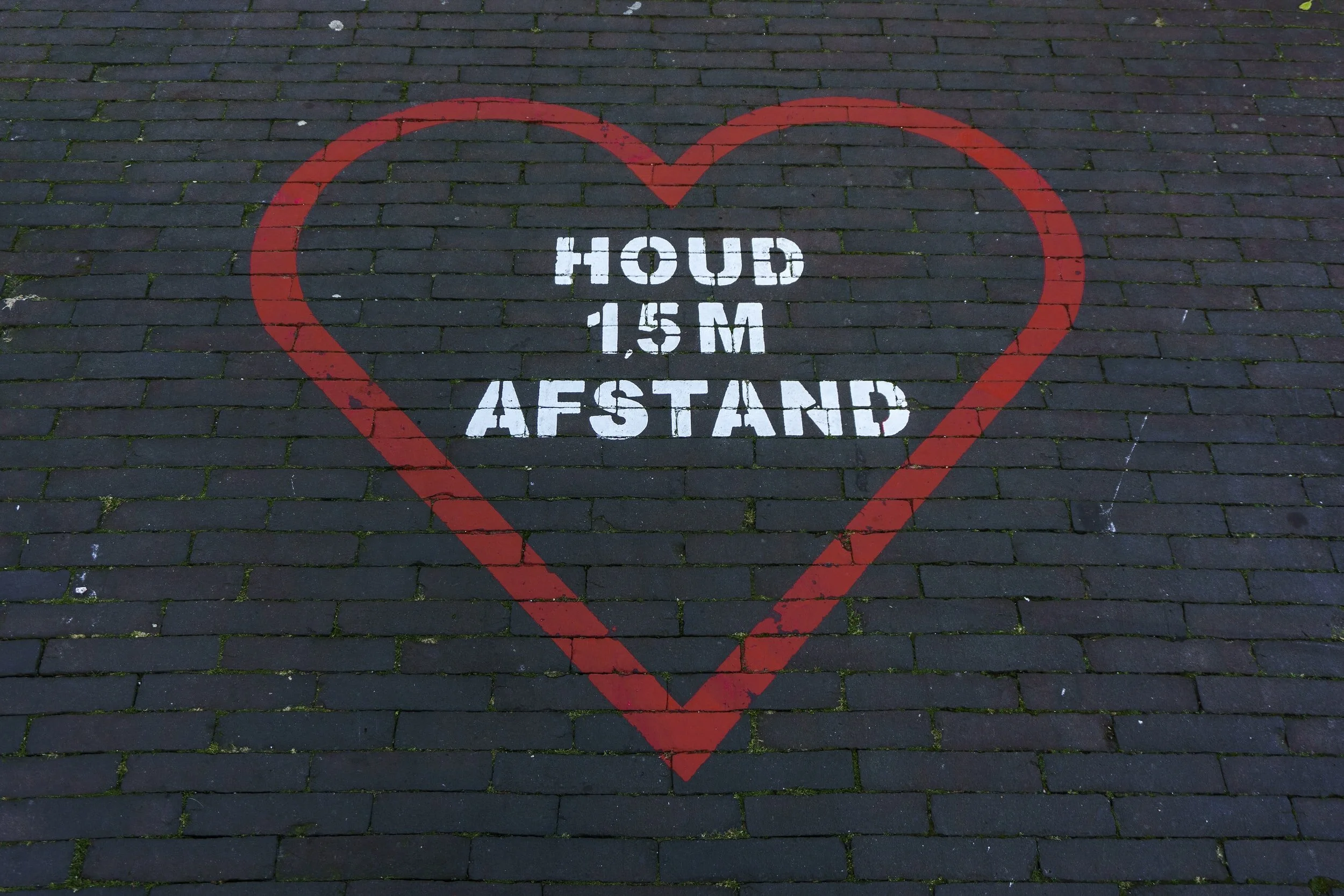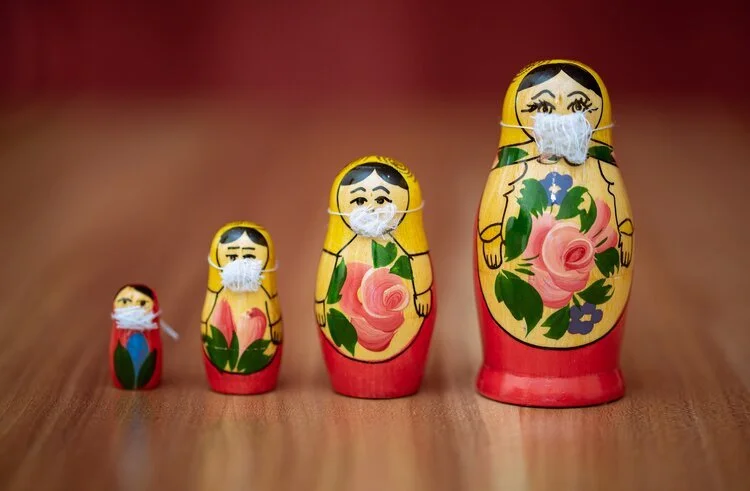Expat Chronicles: Environmental Perspectives
In my childhood, everything related to caring for the environment was laden with a political charge. Even messages from the public school about the importance of recycling were seen by my parents as politically motivated. And while my family culture was not consumeristic, we certainly didn’t make decisions with the collective wellbeing of the planet in mind.
My outlook on environmental issues evolved as I became an adult and drew my own conclusions. By the time I immigrated to The Netherlands in 2019, I was a relatively environmentally friendly person. But there is always more to learn and more ways to grow. Happily, The Netherlands is teaching me. Here are some progressive environmental perspectives that I have been delighted to find in the Dutch society.
Recycling
Yes, recycling is big in The Netherlands. Most homes have four different kinds of trash bins: plastics, paper, compost and garbage. If you are thoughtful, you will rarely have to throw anything into the garbage, so that is usually your smallest container! We have big bins for paper and plastic. All kinds of food packaging excepting glass go in “plastic” and all kinds of food go in “compost”, so it is relatively simple and even children can do it. As a resident, you only pay for what you throw away in the garbage bin. Since the garbage bill is steep, this creates a natural motivation to recycle!
The above kinds of recycling are picked up by the city, so that’s easy peasy. But there are two kinds of recycling that take extra legwork. First, there’s the glass recycling. When my glass bin is full, I take it to a glass recycling drop a short walk from home. There is one by nearly every grocery store, so you can pair this chore with grocery shopping. Second, there’s the cloth recycling. Old or unwanted clothing can be recycled at drop-boxes in certain clothing stores. The cloth recycling used to be managed by the city, but they seem to have switched gears. This is very Dutch: how reasonable that the fast fashion stores should contribute to cloth recycling.
Secondhand
Speaking of fashion, what I have loved to discover in The Netherlands is that buying secondhand is celebrated. I have befriended Dutch people of a variety of backgrounds and all of them, really ALL of them, find a purchase even better when the item isn’t new. Thrift stores are abundant here and digital secondhand markets are thriving. Consignment stores for selling clothing are well-stocked and well-shopped. Vintage clothing and furnishings are valued, but not necessarily over-priced, so regular people can acquire them. I guess it fits in with valuing older homes and also with being thrifty. Dutch people definitely love a bargain!
my favorite secondhand shop in Enschede
Since my size changed last year, I have had to acquire lots of new clothing. More than half of that is secondhand, which makes me quite happy! And my mama would be proud.
Travel
Dutch people love their vacations. They go away for weeks at a time, often traveling south to warmer climates. My friends love to talk about future trips, but they rarely day-dream about really far-flung destinations. Eventually I realized that many of my friends have an environmental aversion to flying. They realize that air travel typically makes the biggest carbon impact of all our choices, and they take that seriously. It is not as if they never, ever will fly, but they consistently choose travel by train or car over air travel and content themselves with those more limited possibilities.
At first this perspective surprised me. Sure, I knew people in the USA who felt guilty about flying, but no one who actually limited their vacation plans accordingly. But this part of the Dutch culture is rubbing off on me. It’s one reason why I don’t see myself visiting the states often. I hope that train travel becomes cheaper and more efficient in Europe, so that it becomes even more popular. Admittedly, the fact that Europeans can take longer vacations makes slower travels styles more practical. For that I am definitely grateful!
Food
If you ask an environmentally-savvy Dutch person where The Netherlands most needs to grow, as it concerns caring for the planet, the topic of food and food cultivation is likely to be top of the list. You see, The Netherlands grows and exports a LOT of produce and meat. The Dutch government has aggressively stimulated this industry in the past, which led to farming practices that aren’t environmentally friendly. Now they are trying to figure out how to correct this problem without destroying livelihoods. It’s not going well. Food production is thus a charged topic in The Netherlands. The answers are so far elusive.
Meanwhile, Dutch people do realize that what they eat counts for the planet. Because the meat industries cause more pollution than other food sources, eating less meat is seen as a virtue. People who are vegetarian or vegan often make these choices to reduce strain on the environment. People also pay attention to packaging, when making food choices. Reusable containers are preferred. Single-use items like plastic straws and cutlery aren’t even available to purchase in stores.
Is The Netherlands an oasis of environmental awareness? No, that is probably going too far. But it does feel as if the majority of people are moving in the direction of eating, traveling and living more sustainably. And that tide carries everyone along. It certainly helps that the government enacts laws that promote greener living, usually by penalizing unsustainable choices with taxation. In this way the costs are passed on to those who are living largest and the thrifty Dutch are motivated to go greener choice by small choice.

































